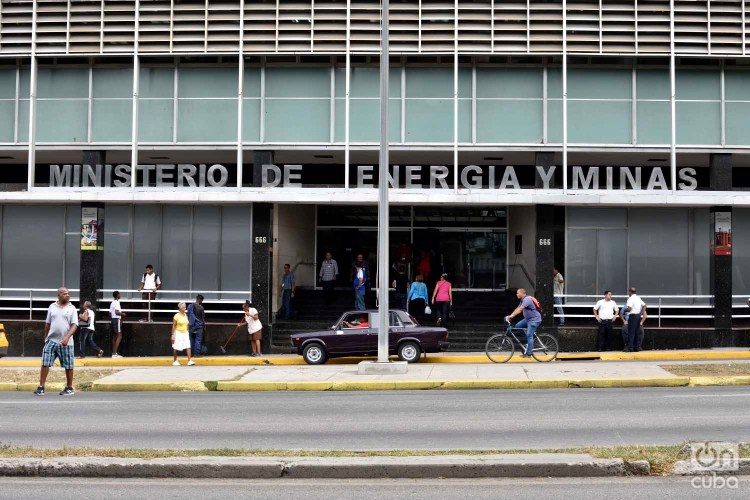Cuba is betting on telecommuting in the face of the energy crisis the island is presently experiencing, which the government affirms is a “temporary.”
Ministry of Labor and Social Security (MTSS) Employment Director Jesús Otamendiz defended the use of this form of work, also called distance work, for being “flexible” and “beneficial,” and said that it is a labor modality that has legal support on the island, although he did not provide data on how many Cuban workers already use it or would use it in the current scenario.
In an interview with the Cuban News Agency (ACN), the official explained that “the legal norm supports this modality based on the contract established between worker and employer, which establishes, among other aspects, that the place from where the activity is carried out is agreed between the parties.”
In his opinion, it is a beneficial “alternative” because it avoids workers having to travel to their workplace and “unexcused absences and late arrivals” disappear, while for employers “the costs associated with food, transportation, electricity, water, among other services, are reduced.”
Otamendiz also deemed that telecommuting is “a flexible way of working,” because “it can be carried out full-time or part-time” and “in all cases the salary is paid according to the payment method established by the worker for the work performed.”
The director of employment of the MTSS clarified that in this case the schedule is understood, not as the traditional one for office work hours, but for real work, while he affirmed that “the fundamental thing in this process” is that “the heads of the entities, of human resources, and immediate superiors plan and control well.”
“The first thing is to review the work and rest regimen and evaluate which is the best solution, so that the times for entry, exit or lunch can be shifted,” he said and added that this will give people the possibility “of continuing to work and collecting their full salary, as long as the established work and rest regimen is observed, which is 40 to 44 hours per week.”
Díaz-Canel insiste en recuperar medidas del Período Especial
Otamendiz did not mention the specific activities in which this labor modality has been or could be applied, but said that not all those that have been in that case require the use of technology.
In addition, he commented that those who do not continue working because of the energy crisis and cannot resort to telecommuting or another alternative, must take advantage of the “work stoppage,” which provides as a first step the relocation of the worker inside or outside their entity. If this is not possible, the Cuban law allows people to receive their entire basic salary in the first month without working and maintaining their position, although not paid for the rest of the time the “interruption” lasts.
Cuba is currently going through an energy crisis due to the difficulties in the arrival of fuel to the island, which the Cuban government attributes to the “strengthening” of the U.S. embargo by the Donald Trump administration and says it is not a new Period Special.
Given this situation, the Cuban authorities have taken a series of measures to “mitigate the effects” and preserve the main economic sectors and “basic services” for the population. As part of them, public transportation has been reduced, the schedules of some activities have been “shifted” and others have been suspended, with the aim of reducing energy expenditure.










